Have you ever wondered what an SLPA does? In this podcast I talk all about what an SLPA is, what the advantages are to having one, and what they can and can’t do under the direction of a speech-language pathologist. Tune in below to learn more and be sure to check out the links and resources section at the bottom of the page!
Links & Resources
Full Transcript of Podcast: All You Need To Know About SLPAs
Episode 62: All You Need To Know About SLPAs
You're listening to the Speech Space Podcast, a podcast full of tips and resources for SLPs. I'm your host, Jessica Cassity, and this is Episode 62.
Hey there everybody! Thank you so much for tuning in today. We are going to be talking all about speech-language pathology assistants today. And I had received a message on Instagram and someone was asking me some questions about speech-language pathology assistants, and it actually inspired me to put together a whole podcast on the topic. But before we get started, I wanted to let you know that this podcast is brought to you by The Digital SLP membership site, which is a site that features time-saving no print and low prep resources for SLPs. The membership door's just closed back up. But if you would like to learn more about it or jump on the waiting list, head on over to thedigitalslp.com/digitalslp.
So let's get started. You might be wondering what exactly a speech-language pathology assistant is, and simply put SLPA or SELPA as some people will call them. Their job is to essentially support the speech-language pathologist. So they undergo academic coursework, fieldwork, and on-the-job training, and they perform tasks that are supervised by ASHA-certified speech-language pathologists. And you might also be wondering what some of the advantages would be to having a speech-language pathology assistant. So according to the 2009 ASHA membership survey, two of the primary effects that were reported from SLPs who use SLPAs were that they had more time to work with their clients or patients with more complex needs that was reported by 36% of SLPs. And then they also reported having fewer clerical duties and that was reported by 33% of SLPs. And then if you go back a little bit further and you look at the ASHA 2000 Schools Survey, about 47% of respondents who said that they had an SLPA, they indicated that having that SLPA led to more time for direct service. And then additionally, 23% reported that the use of an SLPA led to more time for planning and consultation with teachers.
So you might be wondering what they can do. And now this is actually gets into the question that I received on Instagram. So we're going to talk about what an SLPA can do and cannot do. So let's go through and I'm not going to hit on every single thing that they can and cannot do, but I'm going to touch on the most important points. And then if you'd like to learn a little bit more, I will leave some links in the show notes for you where you can go and dive a little bit deeper, if you would like. So SLPAs may conduct, I'm going to go through a list here, some different tasks, and it's all going to be under the supervision of a speech-language pathologist. So they can assist with clerical duties like prepping materials or scheduling activities, and these things are directed by the SLP. They can assist the SLP during assessment of students, patients, or clients, exclusive of administering or interpreting test results. They can also follow your documented treatment plans or protocols. They can provide guidance and treatment via telepractice to students who are selected by the supervising SLP as appropriate for receiving services. And they can document a performance. In other words, they can collect data and they can report this information to the supervising SLP. They can program and provide instruction in the use of AAC, so they can help with programming student devices. They can demonstrate or share information with families or staff regarding feeding strategies that have been developed and directed by the SLP. They can support the supervising SLP in research projects or in-service training as well. So that's a lot. They can do a lot, and there's actually more that they can do. Like I said, I'll link out for that if you'd like to learn more.
But let's talk a little bit about what SLPAs cannot do. So they cannot perform standardized or non-standardized diagnostic tests, formal or informal evaluations or swallowing screenings or checklists. They cannot participate in formal parent conferences, case conferences or any interdisciplinary team without the presence of the supervising SLP or another designated SLP. They cannot write, develop, or modify a student, patient or client's treatment plan in any way. They cannot sign formal documents like treatment plans. They cannot discharge a student or patient or make a referral. There's also some pretty important things that SLPAs can't do in relation to AAC or dysphasia (dis-fey-zhuh) or dysphasia (dis-fa-zhuh), depending on how you say that. So you want to make sure that you're familiar with that, but basically they can't design or select augmentative and alternative communication systems or devices. And they also can't develop or determine the swallowing strategies or precautions for patient's family or staff. Another important thing is they cannot represent themselves as an SLP. And there is a great FAQ page that ASHA has. So if you'd like to read even more of the things that an SLPA can and cannot do, if you'd like to learn a bit more about all of it and just see some more detailed information, I will definitely make sure to link to that in the show notes for you.
And I did want to put out a reminder that you want to remember that state laws vary and they might be different from ASHA guidelines and requirements. So you always want to check with a specific state regulations to determine which tasks are outside the scope of responsibilities for assistants in your particular state. So what I'm kind of giving here is a general overview. I have pulled this information from the ASHA website, but you always want to check with your state regulations.
So after hearing all the benefits of having an SLPA, you might be thinking that the idea of working with one sounds lovely, and it's something that you'd like to look into. So I thought it would be helpful to discuss who can supervise an SLPA. So you want to keep in mind that there are some minimum qualifications as an SLP to be able to supervise an SLPA. And they're all according to ASHA's speech-language pathology assistant's scope of practice, which applies across all settings. So you as an SLP, you must have your current ASHA or state licensure. And you must have at least two years of practice (post-ASHA certification) under your belt and completion of an academic course of at least 10 hours of continuing ed and the area of supervision completed before or concurrent with your first SLPA's supervision experience. Now, something else that I did want to point out is that it's important to keep in mind if this is something that you're going to look into further and possibly speak with the administration about is that the purpose of the SLPA should not be to increase or reduce the caseload size for SLPs, but rather to assist SLPs in managing their existing caseloads. So I hope that makes sense. So that's something that you might want to be clear about and upfront with your administrator, just in case they don't get the idea, and they think that hiring an SLPA means that they're going to double your caseload. And also if you're someone who is listening right now and you might be interested in becoming a speech-language pathology assistant, ASHA is starting a certification program this year. And I will link to more information about that in the show notes as well, if you would like to look a bit closer at that.
So thank you so much for tuning in today. To access the show notes from today's episode, head on over to bitly.com/TSSEP62. Now, like I mentioned, at the beginning of this show, the doors to the membership just closed back up. But if you would like to learn all about how you can cut back on your prep time this year, or you want to jump on the waitlist, head on over to thedigitalslp.com/digitalslp. All right, my friends, that is it for me for today. And I thank you so much for tuning in, and I will catch you again in a couple of weeks.

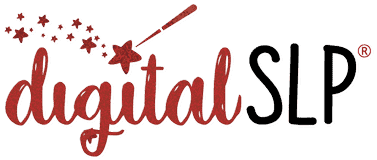
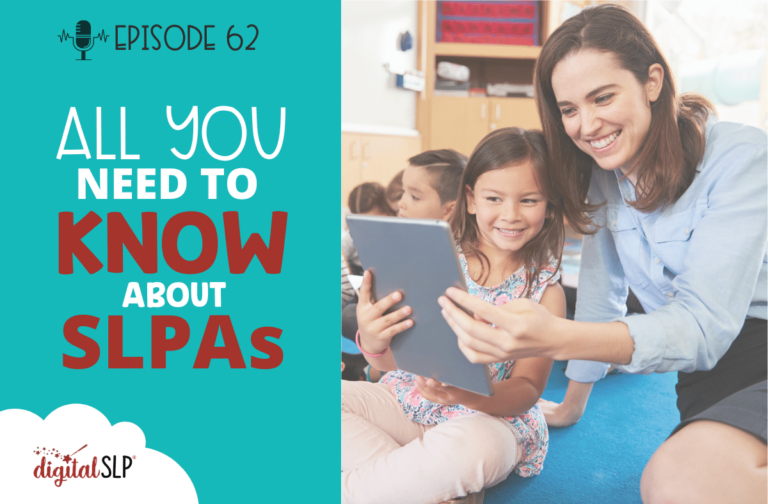
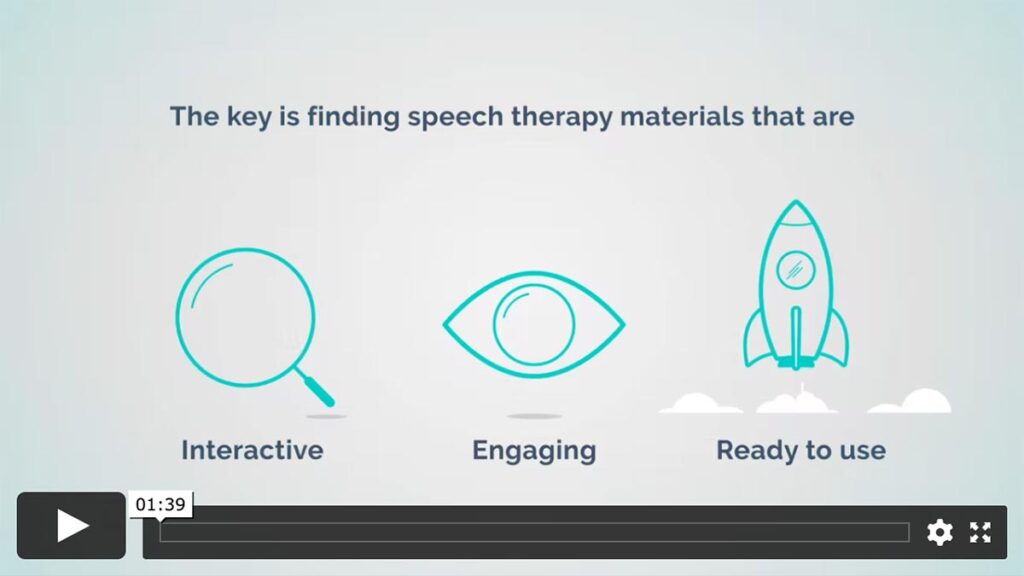


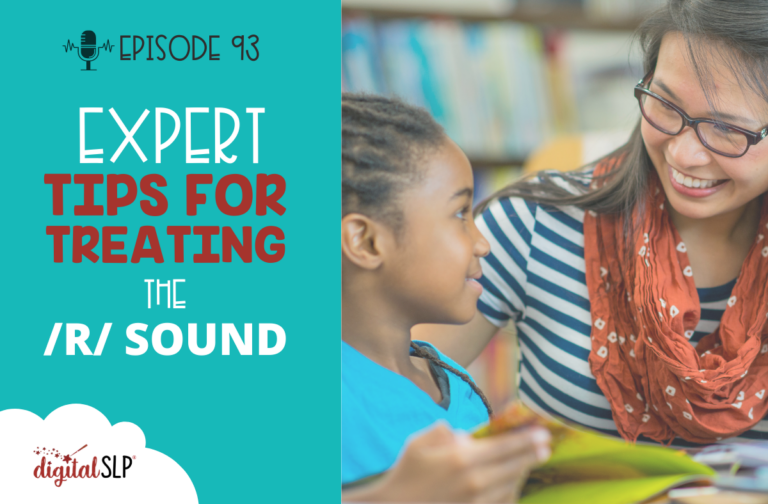
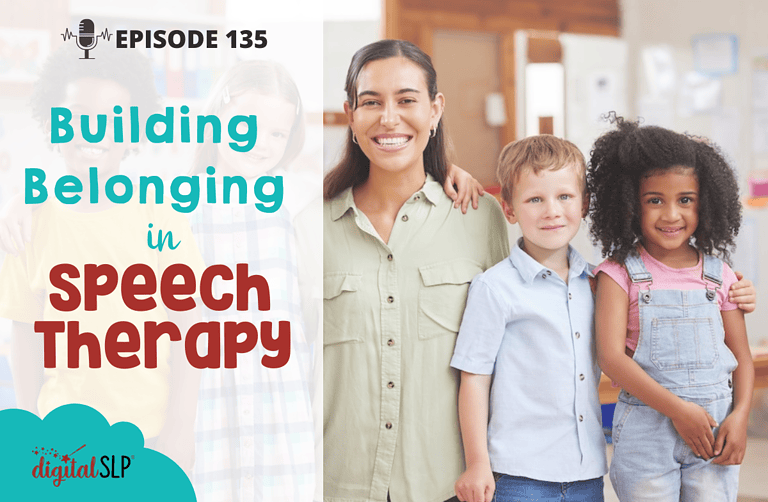
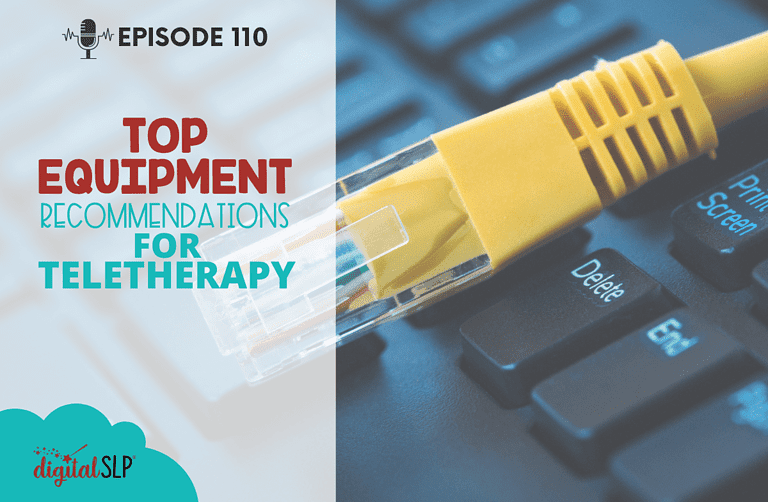
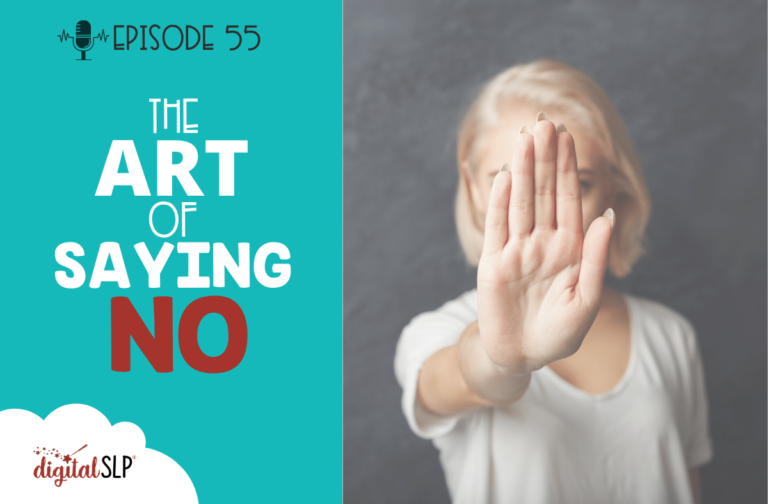
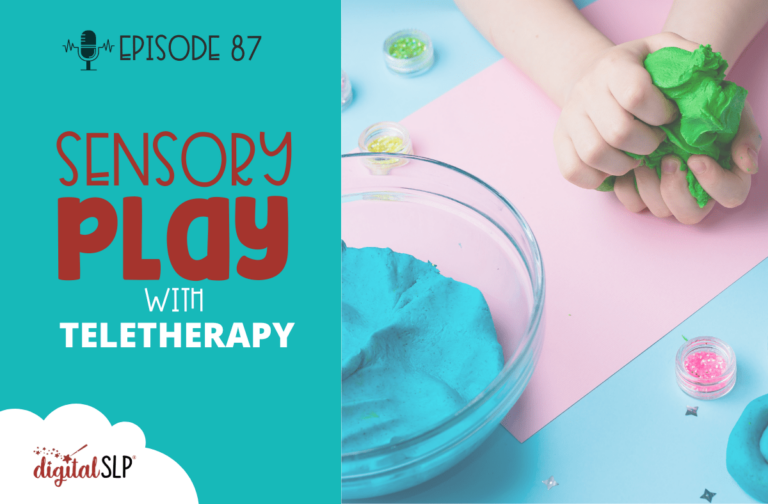


Recent Comments